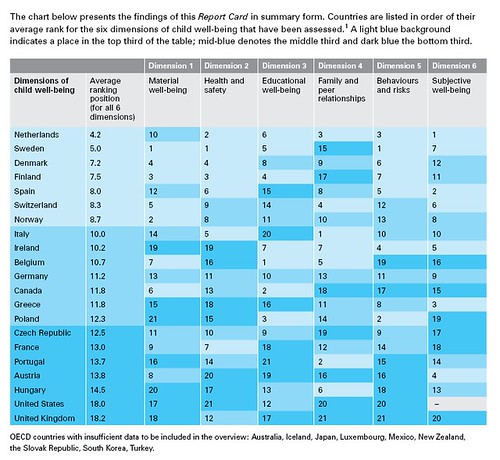by Shawn Callahan
Shawn wrote:
One [of] the speakers, David Hornsby, said there were three principles you should keep in mind when helping children to learn.
* Move from the heart to the head
* Move from the meaningful to the abstract
* Move from the known to the unknown
Great principles for any learning initiative at any age.
With this brief note, I don't really understand the three principles mentioned so I followed through to David Hornsby's website and found a resource page which seems to contain a number of interesting articles.
The first article, Whole Teaching, Whole Schools, Whole Teachers by John P Miller wrote:
To establish the rhythm, flow, and vitality that energize the classroom, whole teaching incorporates three instructional approaches:
* Transmission teaching involves the student receiving and accumulating knowledge and skills—for example, by reading a textbook or listening to a teacher's explanation. Transmission teaching is appropriate when we begin to learn a particular skill. For example, when we learn to drive a car, we study the basic rules of driving by reading the driving handbook in preparation for a written test.
* Transactional teaching involves the student in solving a cognitive problem or pursuing some form of inquiry—usually based on a set of procedures, which may be rooted in a particular discipline, such as physics or history.
* Transformational teaching connects the student and the curriculum more deeply—for example, through such strategies as cooperative learning, drama, and role playing.
Another links to UNICEF's 7th report card which provides a comprehensive assessment of the lives and well-being of children and adolescents in the economically advanced nations.

Explore at your own pleasure!








No comments:
Post a Comment